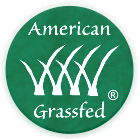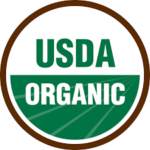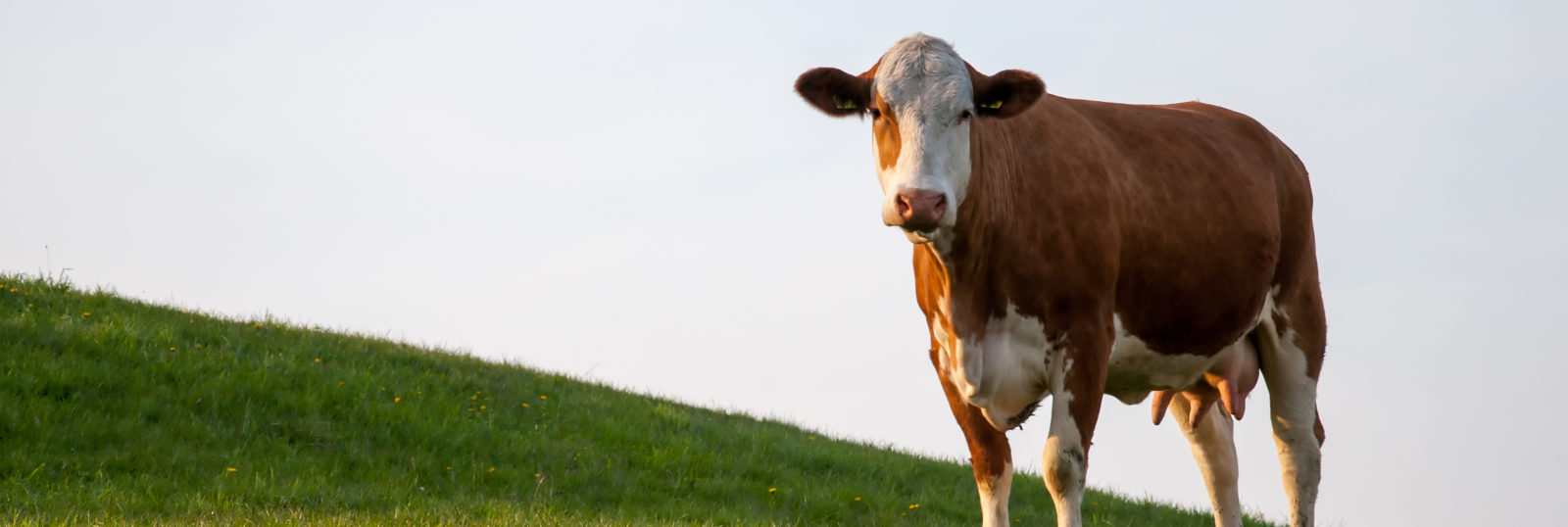Natural. Hormone-free. Cage-free. Pasture-raised. There are so many catch phrases on the front of meat, dairy, and egg labels that conjure up the images of happy, healthy animals being raised under idyllic farming practices. However, many of these terms are either not regulated or don’t quite mean all they seem.
The Food Safety and Inspection Service of the United States Department of Agriculture (USDA) is responsible for the inspection and quality standards for meat, poultry, and processed egg products. The Food and Drug Administration (FDA) regulates all other food items, including seafood and dairy.
Regulated Terms
Fresh – USDA term meaning the internal temperature of the meat cannot have been below 26° Fahrenheit.
Natural – Meat and poultry that cannot contain artificial ingredients or added colors and is only minimally processed.
Hormone-free – A USDA-regulated term applicable only to beef and lamb. Hormone use in pork or poultry production is prohibited; therefore, this commonly found phrase on pork and poultry is meaningless.
rBGH/rBST free – Recombinant bovine growth hormone or recombinant bovine somatotropin is a genetically engineered artificial hormone that is injected into dairy cows to increase milk production. Due to heavy lobbying from food giant Monsanto, all milk that is rBGH/rBST-free must also contain the disclaimer “No significant difference has been shown between milk derived from RBST-treated and non-rBST treated cows” regulated by the FDA.[1]
Antibiotic-free – A USDA-regulated term for meat, poultry, eggs, and dairy. The animals must not have received any antibiotics at any point during their lifetime and producers are required to show documentation.
Unregulated Terms
Grass-fed – Developed in 2006, this term refers to ruminant animals (cattle, sheep, goat, bison) raised on fresh pasture during the growing season and stored grasses in the winter or drought conditions. However, the USDA standard was revoked in January of 2016.[2]
Pasture-raised – While the term suggests meat and poultry raised outdoors in pasture, it is unregulated and there is no standard definition.
Humane – The term “humane” is unregulated by the government, although there are third-party certifications that can verify the animals were raised with limited stress and able to engage in their natural behaviors.
Cage-free – An unregulated terms that indicates hens are permitted to roam in the henhouse (but not necessarily with outdoor access).
Free-range or free-roaming – The USDA only regulates the term for poultry, not beef, pork, or eggs. Meat hens are required to have outdoor access but the length of time and space is unspecified.
Third Party Certifications
There are several third-party certifications on the market verifying animal welfare standards. In order to don the label, the farm must be inspected by an independent third party. The farm and their practices must meet or exceed the standards put forth by the certifying body. Standards vary from program to program. For an in-depth comparison of each certifier’s standard, check out this chart from the Animal Welfare Institute.
Below are four common labels you might see:
 Animal Welfare Approved – This label is only available to independent family farms that are audited annually, and applies to meat, eggs, and dairy products. This label is considered to have the highest animal welfare and environmental standards. Animals must have continual access to pasture or range, as well as the opportunity to perform natural and instinctive behaviors essential to their health and well-being. Animal Welfare Approved also has a grass-fed certification.
Animal Welfare Approved – This label is only available to independent family farms that are audited annually, and applies to meat, eggs, and dairy products. This label is considered to have the highest animal welfare and environmental standards. Animals must have continual access to pasture or range, as well as the opportunity to perform natural and instinctive behaviors essential to their health and well-being. Animal Welfare Approved also has a grass-fed certification.
 American Grassfed Association – This grass-fed certification applies to ruminant animals. Producers are audited annually to ensure animals are only fed grass, are raised on pasture without confinement, are antibiotic and hormone free, and born and raised on American family farms.
American Grassfed Association – This grass-fed certification applies to ruminant animals. Producers are audited annually to ensure animals are only fed grass, are raised on pasture without confinement, are antibiotic and hormone free, and born and raised on American family farms.
 Global Animal Partnership – This label was developed in partnership with Whole Foods and is used throughout their stores. This program uses a five-step rating program dedicated to improving farm animal welfare.
Global Animal Partnership – This label was developed in partnership with Whole Foods and is used throughout their stores. This program uses a five-step rating program dedicated to improving farm animal welfare.
 USDA Organic – The National Organic Program includes animal care standards. Animals must be fed 100% organic feed, contain no antibiotics or hormones, and have year-round outdoor access.
USDA Organic – The National Organic Program includes animal care standards. Animals must be fed 100% organic feed, contain no antibiotics or hormones, and have year-round outdoor access.
[1] http://www.non-gmoreport.com/articles/may07/misleading_rBST-free_labeling.php
[2] http://www.techinsider.io/grass-fed-claims-beef-bogus-usda-packaging-2016-2

